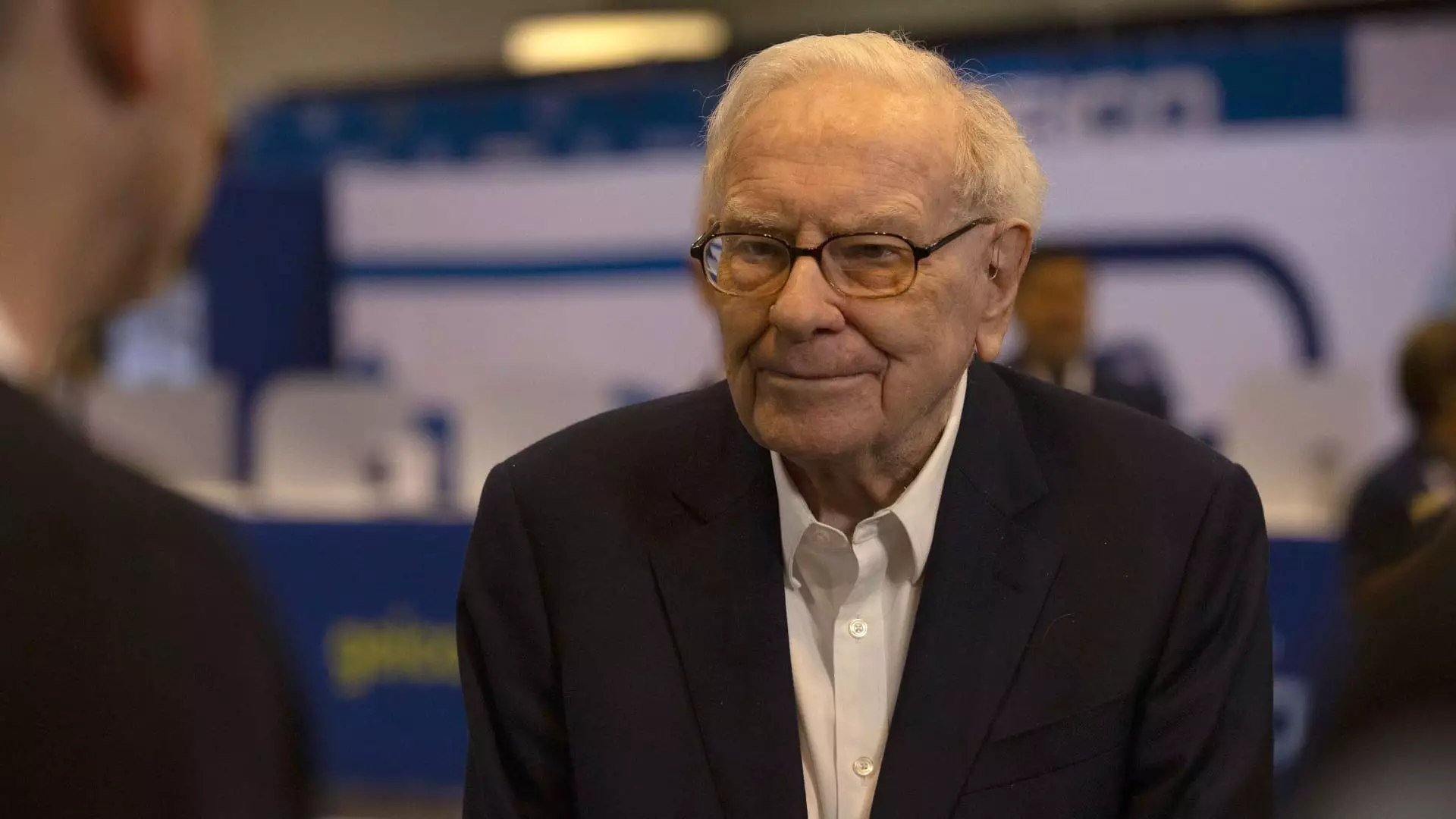Buffett’s Strategic Retreat: A Closer Look at Berkshire Hathaway’s Bank of America Stake

Warren Buffett’s recent decision to reduce Berkshire Hathaway’s stake in Bank of America below the significant 10% threshold marks a pivotal moment in his investment strategy. Following a series of transactions from Tuesday through Thursday, filings with the U.S. Securities and Exchange Commission revealed that Buffett sold over 9.5 million shares, decreasing his ownership to approximately 775 million shares, or 9.987%. This reduction not only alters the volume of Berkshire’s holdings but also transforms its reporting obligations – moving below the 10% limit means that timely transaction disclosures are no longer mandated.
This adjustment could be interpreted as a reflection of both personal strategic maneuvers by Buffett and broader market apprehensions regarding the banking sector. Historically, Buffett’s assessments have guided market sentiment; his recent sales could indicate a shift in confidence, aligning with trends of cautious investment in financial institutions that have characterized his actions over the past few years.
The Bigger Picture: Context Matters
Buffett’s relationship with Bank of America has evolved since 2011, when he invested $5 billion to stabilize the struggling bank after the subprime mortgage crisis. His conversion of warrants to common stock in 2017 solidified Berkshire’s status as the largest shareholder in Bank of America. Yet, as the market landscape has shifted, so too have Buffett’s priorities, spotlighted by his recent liquidations not just of BofA but also other major stakeholders in the banking sector, including JPMorgan and Goldman Sachs.
The broader implications of this selling spree become more apparent when juxtaposed against the backdrop of financial crises that have ravaged market confidence in recent years. Buffett’s caution in handling banking investments can be traced back to the systemic shocks of 2008 and their lingering effects on depositor behavior and confidence in the banking framework, emphasizing his discomfort with what he perceives as ongoing instability.
Market Reactions and Future Predictions
Interestingly, despite Berkshire’s pullback, Bank of America’s stock has seen a modest uptick of about 1% in the past month. Brian Moynihan, the bank’s CEO, has underscored the resilience of the institution’s stock prices, attributing this stability to strategic stock repurchasing contributing positively to market sentiment. It raises the question: is Buffett’s departure from heavy investment in the bank a harbinger of trouble, or merely a strategic repositioning for future growth?
Forecasting how this will impact Berkshire going forward hinges on the upcoming 13F filing, which will unveil the company’s investment portfolio as of September’s close. Observers eagerly await insights into Buffett’s future travels in investment terrain, particularly given his historically nuanced strategies that often inspire confidence among investors, analysts, and the market at large.
Buffett’s reduced stake in Bank of America reflects a complex interplay of strategic foresight and situational awareness. He remains a figure to watch, as his actions could reveal crucial insights into the future health of the banking sector and perhaps more broadly, the American economy. As digitalization and fintech continue to redefine traditional banking paradigms, the stakes have never been higher.





